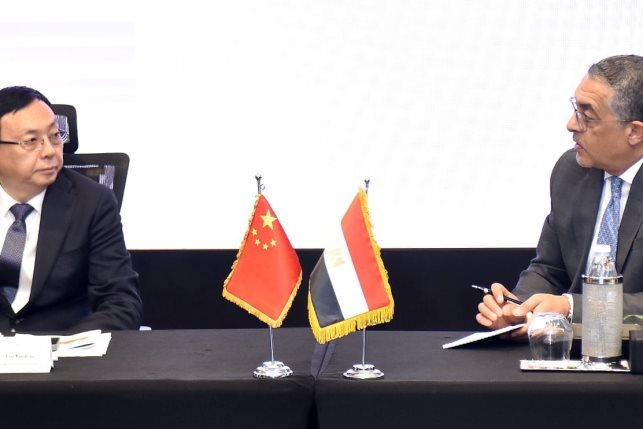Economic developments in Egypt: A recap of this week's latest news
This weekly news recap brings you the latest highlights from the Egyptian economy. This recap covers a range of significant developments that have implications for Egypt's economic landscape

This weekly news recap brings you the latest highlights from the Egyptian economy. This recap covers a range of significant developments that have implications for Egypt's economic landscape.
1. CBE raises interest rates to 27.75%, devalues EGP into a flexible rate determined by market forces: The Central Bank of Egypt (CBE) raised the overnight deposit rate, the overnight lending rate, and the main operation rate by 600 basis points, reaching 27.25%, 28.25%, and 27.75%, respectively. Additionally, the discount rate was increased by 600 basis points to 27.75%. To achieve this goal, the CBE is transitioning to a flexible inflation targeting regime, where inflation will serve as the nominal anchor. In this framework, the exchange rate will be determined by market forces, promoting the unification of the exchange rate and the elimination of backlogs in foreign exchange transactions.
2. IMF raises Egypt's loan to $8B instead of $3B billion: The IMF loan has been augmented and increased to $8 billion instead of $3 billion “amid significant macroeconomic challenges that have become more complex to manage with the impact of the recent conflict in Gaza on tourism and Suez Canal receipts” the IMF statement read.
3. Egypt to receive $12B in soft loans from World Bank & EU: The World Bank and the European Union, Egypt's development partners, will provide new soft loans worth $12 billion to the country based on the new IMF deal.
4. CBE is targeting a certain inflation rate & no longer targeting a certain exchange rate: CBE Governor Hassan Abdalla emphasized the severity of inflation as the most pressing challenge faced by any economy. He highlighted the detrimental effects of maintaining dual exchange rates, which lead to instability. Abdalla reassured the public that the CBE is determined to take necessary measures to curb inflation, expressing confidence that these steps would yield positive results for Egyptian citizens.
5. Egypt begins releasing goods from Alexandria Port based on presidential directives with Egypt's PM supervision: In a recent press conference held at the Alexandria Port, Prime Minister Mostafa Madbouly addressed the nation, highlighting the government's measures to tackle the ongoing economic crisis. Madbouly revealed that a significant quantity of goods and merchandise will be released from the ports on the same day.
6. CBE directs banks to open limits for credit cards in FX: The Central Bank of Egypt (CBE) instructed banks to open the limits for the use of credit cards in foreign currencies. The CBE's directives come within the framework of a comprehensive economic reform program that is being implemented in coordination between the Central Bank and the government with the support of bilateral and multilateral partners, and after providing the necessary financing to support foreign exchange liquidity.
7. Over $12B worth of goods cleared from Egyptian ports since January 2024: Goods worth over $12 billion have been released from Egyptian ports from January 1st until now, head of the Egyptian Customs Authority, El Shahat Ghatwary, stated. He added that the past few days witnessed a significant growth in the rate of customs clearance for goods according to the strategic priorities set by the state.
8. Customs dollar adjusted to EGP 49.56: Egypt has adjusted the customs dollar to EGP 49.56 in response to the surge in the dollar's value in banks on Wednesday. The customs dollar, an economic term denoting the exchange rate of the dollar against the pound, is employed by customs authorities to determine the value of imported goods for calculating customs duties.





